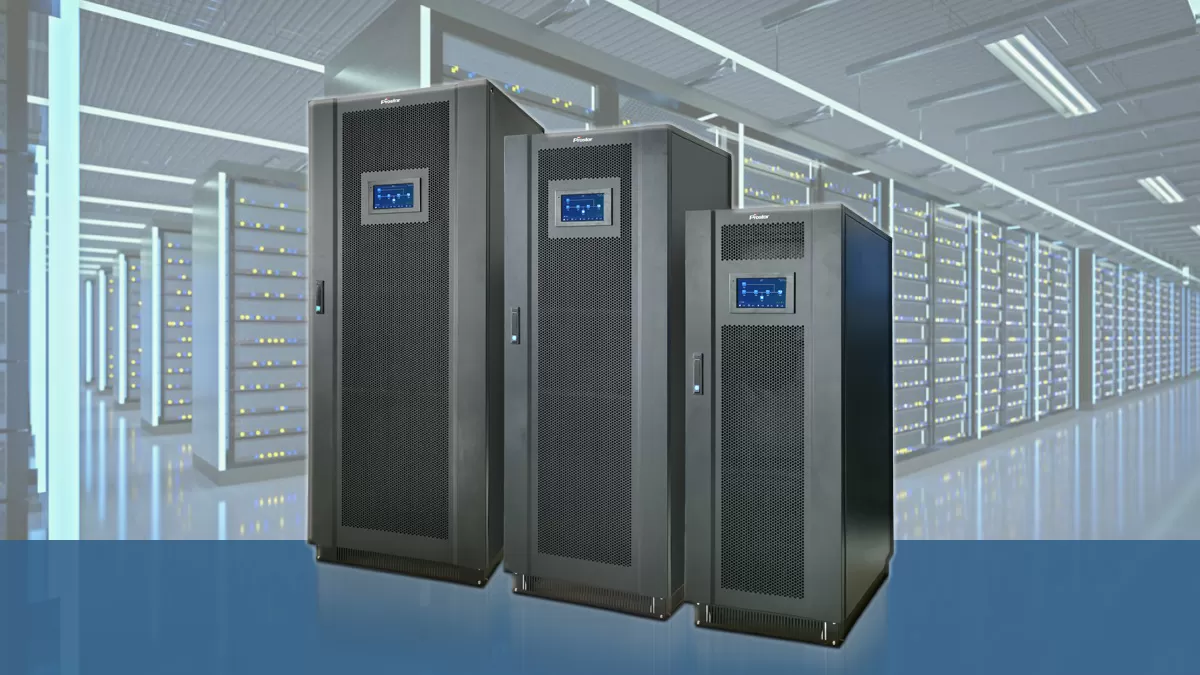How UPS Networks Safeguard Critical Systems?

Critical systems are the backbone of various industries. Whether it’s a hospital’s life-support equipment, a data center’s servers, or a financial institution’s transaction processing, these systems cannot afford downtime. This is where UPS (Uninterruptible Power Supplies) networks become the unsung heroes of the modern age.
Power disruptions can lead to catastrophic data and financial losses and even jeopardise public safety. UPS networks play a pivotal role in bridging these gaps by providing seamless power backup, ensuring uninterrupted operation of critical systems.
This article aims to shed light on UPS networks and their pivotal role in ensuring the seamless operation of critical systems. Keep reading to understand how UPS networks safeguard critical systems.
What are Critical Systems?
Critical systems encompass various infrastructures and technologies for functioning industries, societies, and services. These systems include power grids, telecommunications networks, healthcare facilities, financial institutions, etc. They are characterised by their non-negotiable need for continuous power and data integrity. Their failure could lead to catastrophic consequences, underlining the urgency to ensure their continuous operation.
What are Uninterruptible Power Supplies (UPS) Networks?
Uninterruptible Power Supplies (UPS) networks are advanced systems designed to provide instant backup power in case of electrical failures. It consists of battery-powered units that instantly kick in when the main power supply falters, preventing data loss, equipment damage, or downtime. They come in various configurations and sizes, tailored to the specific needs of critical systems.
UPS Networks and Critical Systems
UPS networks serve as a buffer between critical systems and power disruptions. They offer near-instantaneous power backup, ensuring that operations continue without interruption. Downtime in critical systems can result in financial losses, compromised services, and even endanger lives. UPS networks reduce downtime to virtually zero, allowing for a seamless transition to backup power sources.
Now, let us understand how the UPS network protects critical systems from vulnerability.
How UPS Network Protects Critical Systems from Vulnerability
Critical systems are not immune to vulnerabilities. Several factors that can disrupt their operation and how UPS protects them are given below:
- Power Interruptions
Whether caused by grid failures or accidents, power outages significantly threaten critical systems. UPS networks act as a shield, providing seamless power transitions during such events.
- Hardware Failures
Hardware failures can occur unexpectedly and cripple critical systems. Redundancy and failover mechanisms, often facilitated by UPS networks, mitigate these risks by ensuring that secondary systems kick in seamlessly should the primary ones fail.
- Cybersecurity Threats
Critical systems are susceptible to hacking, data breaches, and ransomware attacks. A robust UPS network can serve as a line of defence, providing cybersecurity and allowing for system shutdowns without data loss during security breaches.
- Natural Disasters
Natural disasters like earthquakes, hurricanes, and floods can disrupt power supplies and damage infrastructure. UPS networks with backup generators enable critical systems to continue functioning until regular power is restored.
How to Select the Right UPS Network for Critical Systems?
Choosing the right UPS network for your critical systems is crucial. Consider the following factors before selecting:
1. Load Requirements: Understanding the power demands of critical systems is essential for selecting an appropriately sized UPS network. For this, calculate the power needs of your critical systems accurately.
2. Runtime Needs: Consider the required runtime during power outages. A UPS network with longer battery life is ideal for critical systems that cannot afford even short disruptions.
3. Environmental Factors: Environmental conditions like temperature and humidity can impact UPS performance. Opt for a UPS network designed to withstand the operating environment.
Empower Your Critical System Security with UPS Networks
UPS networks are the silent guardians of our modern world, ensuring that critical systems never falter. Their role in safeguarding critical operations is indispensable. Collaborating with a reputed electrical brand can make all the difference in the performance and longevity of your UPS network. Such collaborations contribute to the overall reliability and effectiveness of critical systems.
So don’t wait for a crisis to strike; invest in reliable UPS solutions for a secure future with critical systems.






